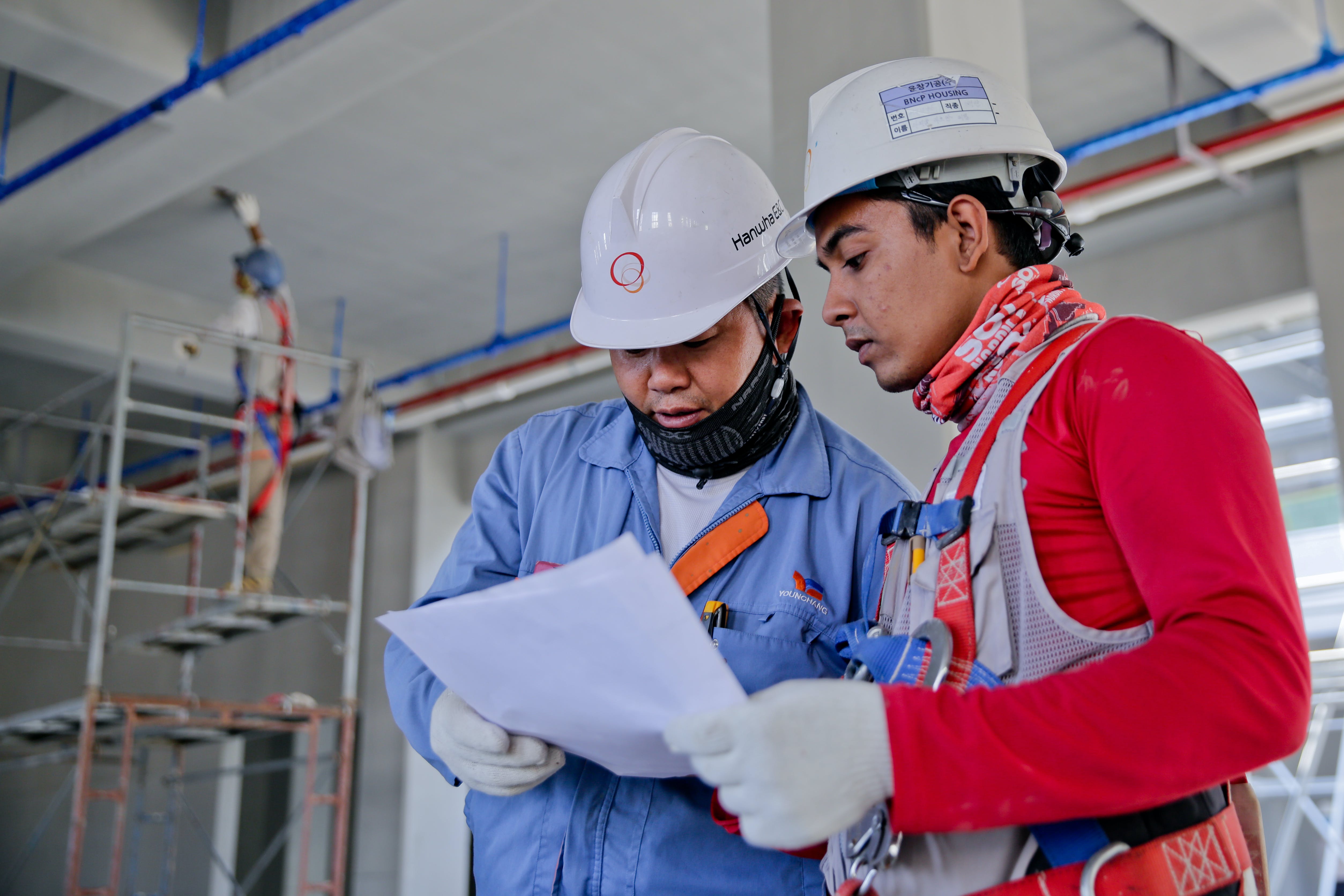
Shareholder Agreements and the Law
When individuals come together to form a company and become shareholders, it’s essential to establish a clear framework that governs their rights and responsibilities. This is where a shareholder agreement
A subcontractor agreement is a contract between a contractor and a subcontractor. A contractor may decide to hire a sub-contractor when they recognise their resources and expertise are insufficient for the task they have agreed to undertake.
Some examples include:
When engaging a subcontractor, the contractor must conduct due diligence, ensuring the subcontractor is licensed, insured, and capable of meeting the project’s requirements.
In this article, our commercial contract lawyer explains the legal aspects and things to look out for in a subcontractor agreement.
A subcontractor agreement is a legal document that outlines the terms and conditions of the relationship between a contractor and a subcontractor. This agreement is crucial in construction and related industries as it clearly defines the roles, responsibilities, and expectations of both parties involved in a project.
In Queensland, building contractors seeking to engage subcontractors must comply with Part 4A (other than domestic building contracts) or Part 1B (for domestic building contracts) of the Queensland Building and Construction Commission Act 1991 (QBCC Act).

The QBCC Act requires that all subcontracts be in writing.
Key clauses of a subcontractor agreement include:
It is important both contractors and subcontractors obtain legal advice regarding the drafting and terms of a subcontractor’s agreement.

Issues that arise in subcontractor agreements often stem from misunderstandings, unclear terms, or the complexities of the construction industry.
Here are some of the frequent challenges and areas of concern:
Dispute resolution mechanisms such as negotiation, mediation, arbitration, and litigation as a last resort are often utilised to resolve disputes. We recommend that you contact a commercial contract lawyer if you find yourself in a dispute.

The agreement is crucial for defining the expectations, responsibilities, and liabilities of both parties. It helps in avoiding misunderstandings, ensures quality and timely completion of work, and provides legal recourse in case of disputes.
Key elements include the scope of work, payment terms, project timeline, quality standards, insurance and liability, dispute resolution mechanisms, termination clauses, and clauses related to confidentiality, compliance with laws, and sub-contracting rules.
No, a sub-contractor is not an employee but an independent contractor. This distinction affects tax obligations, insurance requirements, and other legal considerations.
Payment terms, including the rate, schedule, and conditions for payment, are outlined in the agreement. This may include details on invoicing, advance payments, retentions, and handling of any changes to the scope of work.
Yes, these agreements are legally binding contracts. Both parties are obligated to fulfil their contractual duties, and failure to do so can result in legal consequences.
Yes, agreements can be modified, but any changes should be made in writing and agreed upon by both parties. We recommend consulting with an experienced commercial contract lawyer before making any changes to a subcontract.
We provide legal advice to business and individuals across Australia, no matter which State or Territory you are located. Our easy-to-access, online legal services mean that you can talk to our lawyers wherever you are, at a time that suits you.
4.5
Google Reviews

Don’t hesitate – reach out for your free legal assistance today. Your peace of mind is just a click or call away!

When individuals come together to form a company and become shareholders, it’s essential to establish a clear framework that governs their rights and responsibilities. This is where a shareholder agreement

As more individuals and businesses turn to online marketing, trade promotions and competitions have become a common tool for people and companies to connect with their audience, foster brand awareness

In November 2023, changes to the law on Unfair Contract Terms (UCT) came into effect. UCTs create an unreasonable imbalance of power between contracting parties. Australian law now strictly prohibits